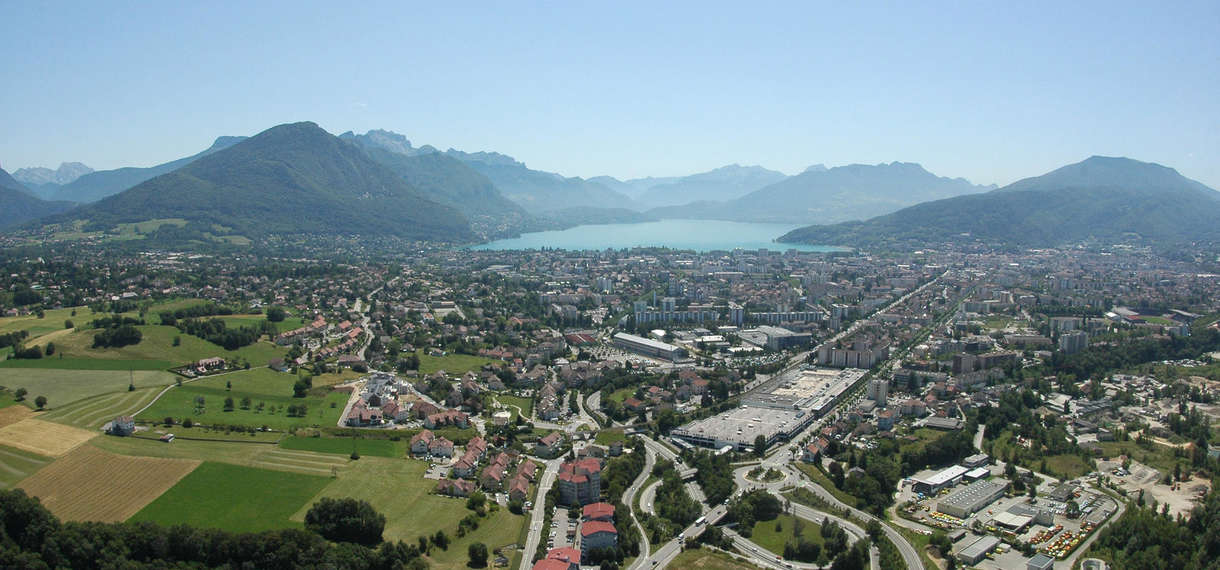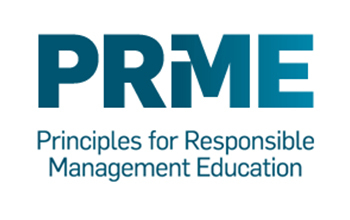- Homepage
- ESDES’s blog
- Responsible Natives
- The over-tourism global crisis and a call for sustainable travel
Sarah Clifft
2 min.
11 February 2025
Since the Covid-19 pandemic, the global tourism industry has witnessed an unprecedented resurgence. Over the last 5 years since borders have reopened and restrictions lifted, destinations across the world have accommodated the pent-up demand for travel, and adapted to the sharp increase in visitor numbers. This explosion in tourism has been a key topic of discussion at major industry conferences, including the recent Destination Europe Summit, where experts and stakeholders voiced concerns over the long-term sustainability of this rapid growth.
Over the past five years, tourists have been eager to explore, reconnect with loved ones, and immerse themselves in new experiences, contributing to record-breaking visitor numbers in many destinations. However, despite this boom in tourism that has generated significant economic growth, this rapid resurgence has also placed significant strain on infrastructure, local communities, and natural ecosystems.
During the Destination Europe Summit, industry leaders, policymakers, and environmental advocates emphasized the urgent need to implement more sustainable tourism practices. Concerns ranged from overtourism in fragile cultural and environmental sites that have seen overcrowding, environmental damage and cultural erosion. Coupled with these challenges, the carbon footprint associated with increased air travel is of major concern. Without strategic intervention, the very landscapes and cultural treasures that attract tourists could be irreversibly damaged.
In response to these challenges, sustainable tourism has emerged as a top priority for tourism organizations and governments across the globe. The emphasis is now on eco-friendly travel practices, biodiversity protection, and destination management to ensure that tourism growth does not come at the expense of the planet or local communities.
The European Travel commission is collaborating with key industry stakeholders on a number of strategies to counter the impact of over tourism. These include:
- Eco-tourism to prioritize low impact travel and support carbon offset programs.
- The promotion of eco-certified accommodations, such as hotels that use renewable energy and minimize waste.
- The development of slow tourism initiatives that encourage longer stays with deeper cultural engagement rather than quick, high-impact visits.
- Increased biodiversity protection and conservation
- The enforcement of visitor caps and timed entry systems for high-traffic landmarks and fragile ecosystems.
As highlighted at the Destination Europe Summit, the resurgence of tourism presents both opportunities and challenges. While the sector is a vital economic driver, representing almost 10% of global GDP with a 12% year on year increase, it must be managed in a way that protects the environment, preserves cultural heritage, and benefits local communities. Sustainable tourism is now a fundamental necessity for the future of travel.
This is now a collective responsibility and with coordinated efforts from governments, businesses, and travelers, the industry can evolve towards a model that allows people to explore the world responsibly, ensuring that destinations remain vibrant, resilient, and preserved for generations to come.










